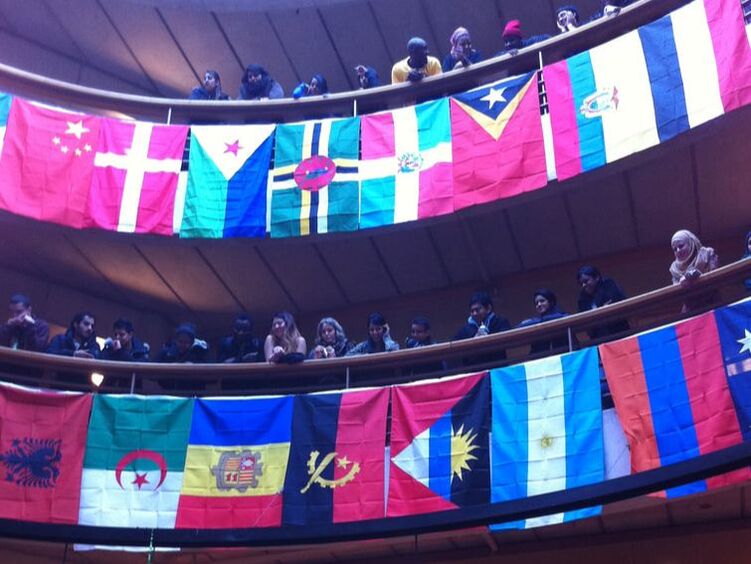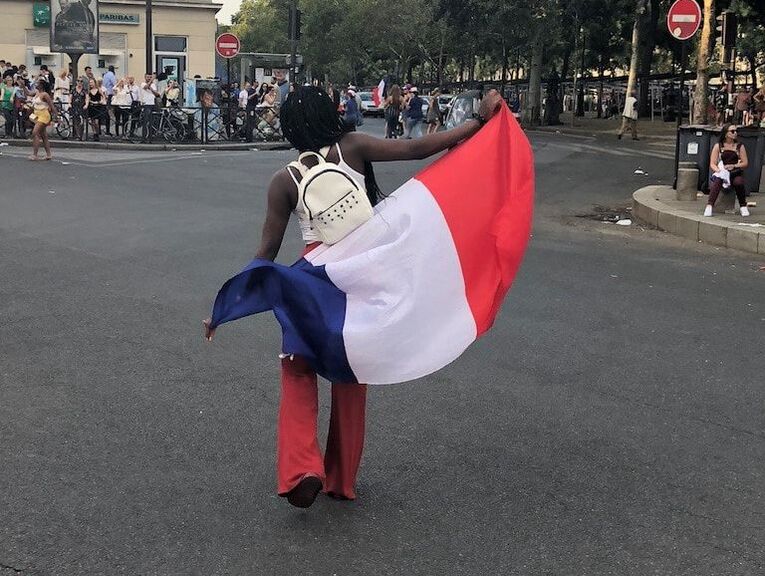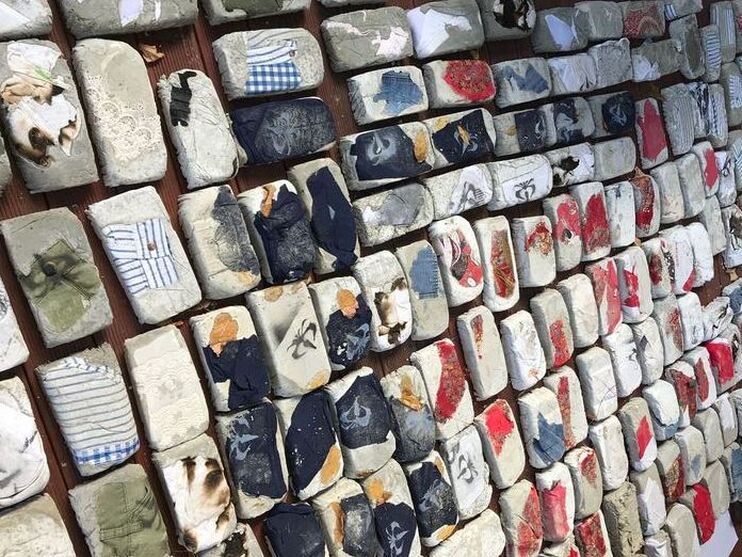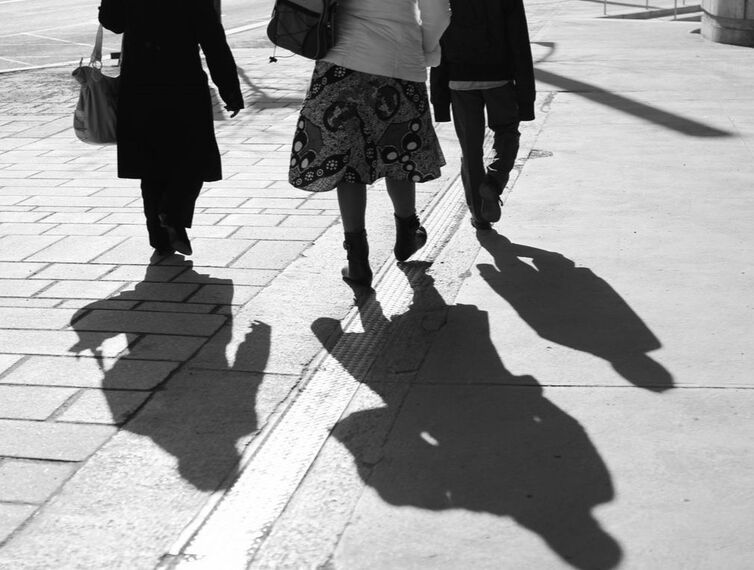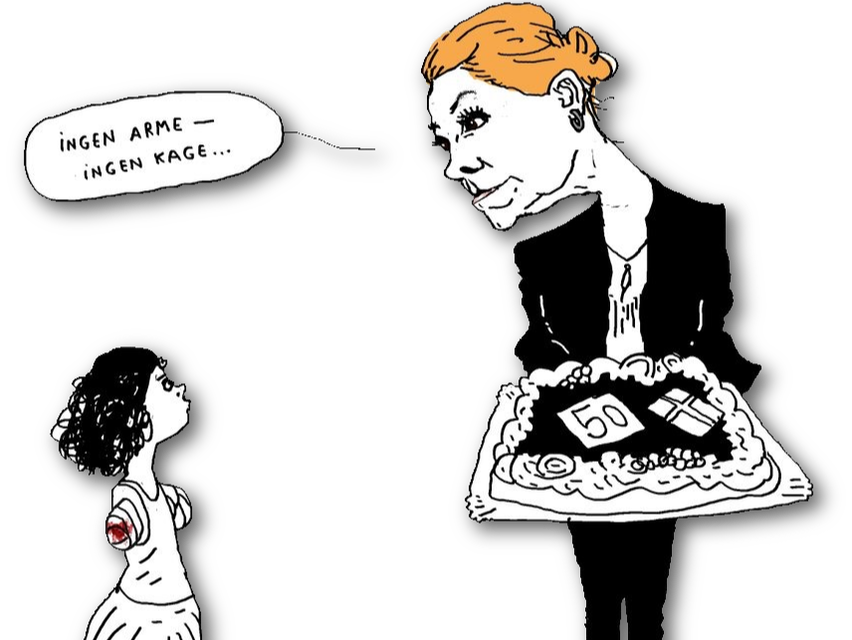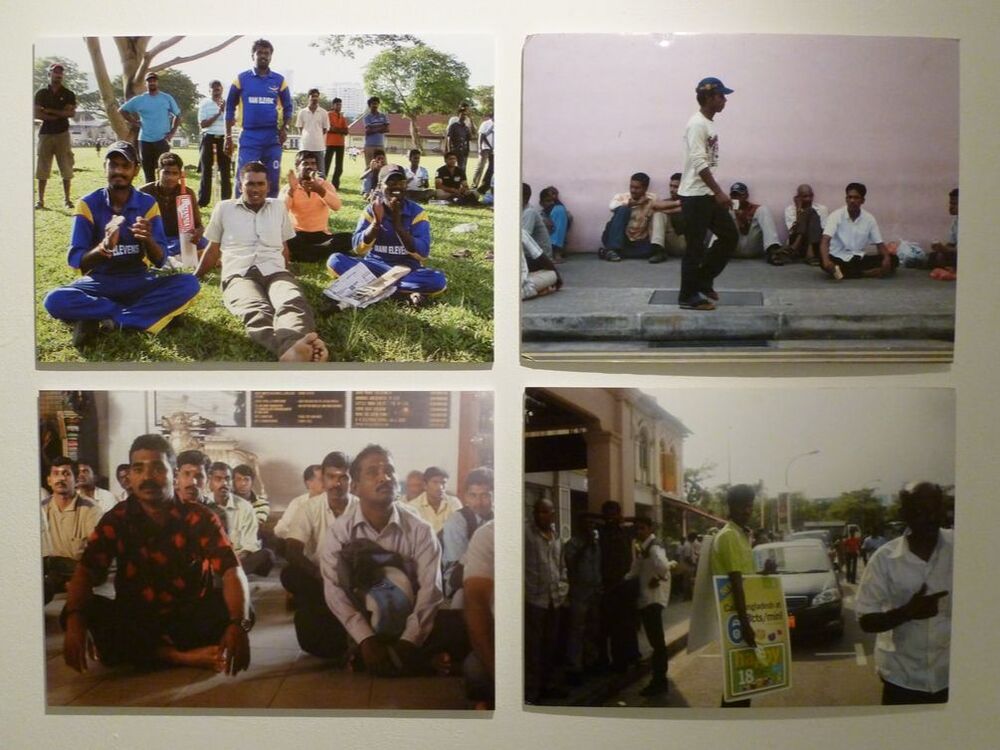|
|
|
Canada and the United States are touted as multicultural societies, both formally through multiculturalism policies and informally through cultural narratives and metaphors such as the 'melting pot.' Still, these policies, narratives and metaphors can actually mask persistent inequalities that immigrant populations must navigate through, even for populations that already appear well-equipped to adapt to the host culture.
This is the case for Filipina/os. In my Identities article, 'The centrality of neoliberalism in Filipina/o perceptions of multiculturalism in Canada and the United States', Filipina/o university students in Toronto and Los Angeles discuss their views regarding ethnic identity maintenance and inclusion in their respective environments. The results were a bit counter-intuitive.
0 Comments
Many Western expatriates are routinely exposed to being labelled laowai (老外 in Mandarin, literally ‘old foreigner’) in mainland China. According to a 2007 report in People’s Daily, Chinese users of the slang term laowai feel it shows their respect and intimacy for Westerners (‘Is 'Laowai' a Negative...' 2007). This Chinese interpretation was empirically verified by a 2015 research article (Mao 2015).
But some people on the receiving end feel that laowai is a stereotype-laden form of ‘othering’, defined as discourses that create a boundary between insiders and outsiders. Why are these interpretations so different? Why do Westerners feel resentful when they are addressed as laowai? In order to address these questions, we focused on American expatriates living in mainland China, often regarded as prototypical ‘Westerners’ there. We conducted in-depth interviews with 35 American expatriates who ranged in age from 19 to 36 years, varied in sojourn length from six months to ten years, were in different occupations and of diverse racial categories (White/Chinese/Latino/African Americans). By inviting these Americans to reflect upon their intercultural experiences in mainland China, we explored their interpretation of the term laowai.
When you see images of French daily life or French people in magazines, films, or other media, what do you see?
Usually, it’s white people, with perhaps a few visibly non-white people depicted. But this is odd for multiple reasons. One, France has a long history of immigration, primarily from its overseas territories and former colonies. Due to years of colonialism, colonial slavery, and subsequent migration, ethnic minorities, or 'visible minorities' in French academic parlance, have long been part of French society. Secondly, France does not acknowledge or measure race as a separate identity category. So while France is a multicultural society, it does not, as a facet of law, distinguish between these different cultures. One is either French or not. This is France’s Republican model.
‘We know that they have sentiment [against] Chinese. The May 1998 fall is just ... an event that compounded whatever my mom ... whatever my parents say is really true.’ (Winarnita et al., 2018).
A recent interest in the growing Chinese-Indonesian diaspora has drawn attention to the powerful experiences of many women who were forced to leave Indonesia during the May 1998 riots. To avoid being raped, many Chinese-Indonesian families sent their daughters out of country to try and ensure their safety. Thousands of these women remain abroad, living as exiles in other countries. Our research on Chinese-Indonesian women in Singapore and Australia, as discussed in our Identities article, 'Narratives of exile twenty years on: long-term impacts of Indonesia’s 1998 violence on transnational Chinese-Indonesian women', uncovered many stories of exile and suffering.
In times of rising nationalism, expressed through growing support for anti-migration and anti-globalisation political parties, the nation seems under question in its unifying thrust.
Historically, the nation has emerged in association with a given ‘people’, defined in terms of common myths, language and ethnicity (Smith 1986), who claims sole entitlement to a given territory (Gellner 1983). With the ongoing demographic transformation, spurred in great part by international migration, the question is whether and how the nation might change because its ‘people’ is changing. In normative terms, civic, liberal and multicultural nationalism have tackled this issue, offering various ways of reconciling nation and diversity. Yet, the recent upsurge in the Western world of what can be called ‘white nationalism’, i.e. the (re)claiming of the nation as the privileged property of the white dominant group, openly challenges these normative projects.
In October 2016, as the US election loomed, Farage (2016) wrote in an opinion piece in The Telegraph, a symbol of his media prominence:
The similarities between the different sides in this election are very like our own recent battle. As the rich get richer and big companies dominate the global economy, voters all across the West are being left behind. The blue-collar workers in the valleys of South Wales angry with Chinese steel dumping voted Brexit in their droves. In the American rust belt, traditional manufacturing industries have declined, and it is to these people that Trump speaks very effectively…. This kind of statement was not limited to far-right politicians claiming political support from the working class, but has become common in much of the political commentary since. To make sense of these developments, our Identities article, 'Whiteness, populism and the racialisation of the working class in the United Kingdom and the United States', examines the populist racialisation of the working class as white and ‘left behind’, and representative of the ‘people’ or ‘demos’, in the campaigns and commentaries.
If national security is in danger, the state can declare a state of emergency. This step will suspend normal legal procedures that allow the authorities to regain order and control.
What if politicians allege that the culture and identity of migrants and refugees are threatening the cultural cohesion and economic welfare of the nation-state? What if political leaders declare a national security emergency in order to get political support and funding for a wall? In my Identities article, 'Denmark’s blond vision and the fractal logics of a nation in danger', I show a new way to understand neo-nationalism, which is the kind that occurs within established nation-states, through the notion of a ‘nation in danger’, in relation to racialisation. The notion of the nation in danger is a specific logic that motivates a large ‘white’ majority of Danes in their perception and treatment of migrants, refugees, asylum-seekers and Danes of colour. It also separates for them who belongs to Denmark and who does not on the basis of racial, cultural and ethnic features
It was an improbable scene: I was using the photocopiers at the National Library in downtown Singapore, and a smartly dressed young man from Bangladesh walked in with a coffee table book featuring the city. We talked; he needed help to get a colour copy of a shot of the Singapore skyline. He wanted to send the picture back to his family, to tell them with pride he was here and helped build this great city.
It was improbable for him, a foreign worker, to be in the privileged space of the National Library and for I, a privileged citizen, to be chatting about life with him. But there it was. After all, Singapore is a multiracial nation. The Chinese make up three-quarters of the population, with Malays and Indians making the rest. Singapore is also a cosmopolitan global city. Citizens make up three-fifths of the population. A vibrant mix of migrants and resident workers from around the world – all highly skilled – leavens the economy of advanced manufacturing and services. They make the city more than multicultural: Singapore is super-diverse. But, as I discuss in my Identities article, ‘Super-diversity and the bio-politics of migrant worker exclusion in Singapore’, there is another face to super-diversity. |
|
Explore Identities at tandfonline.com/GIDE |
|
The views and opinions expressed on The Identities Blog are solely those of the original blog post authors, and not of the journal, Taylor & Francis Group or the University of Glasgow.
